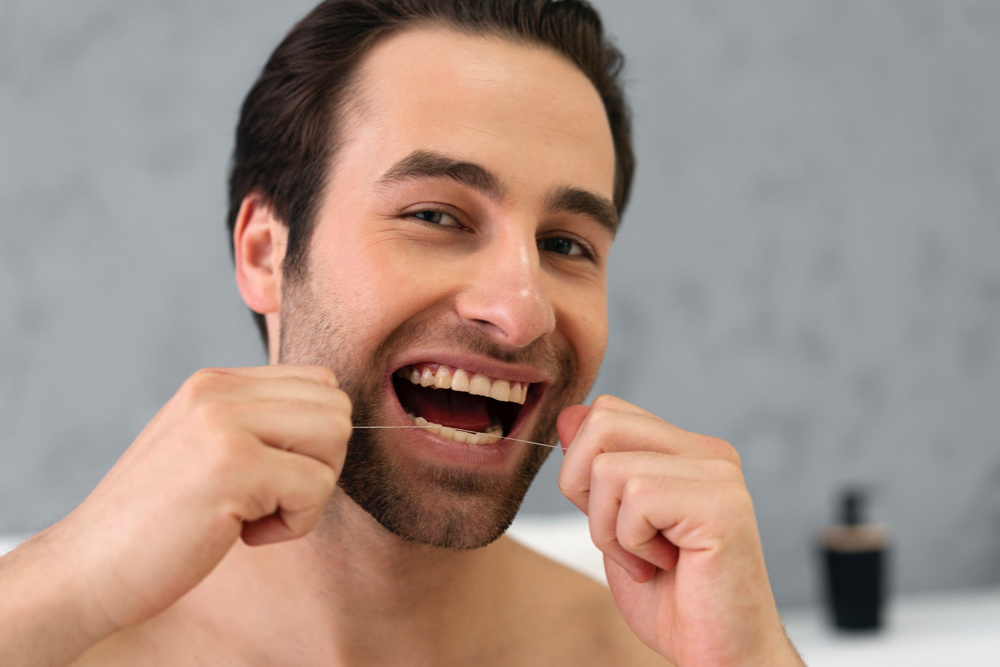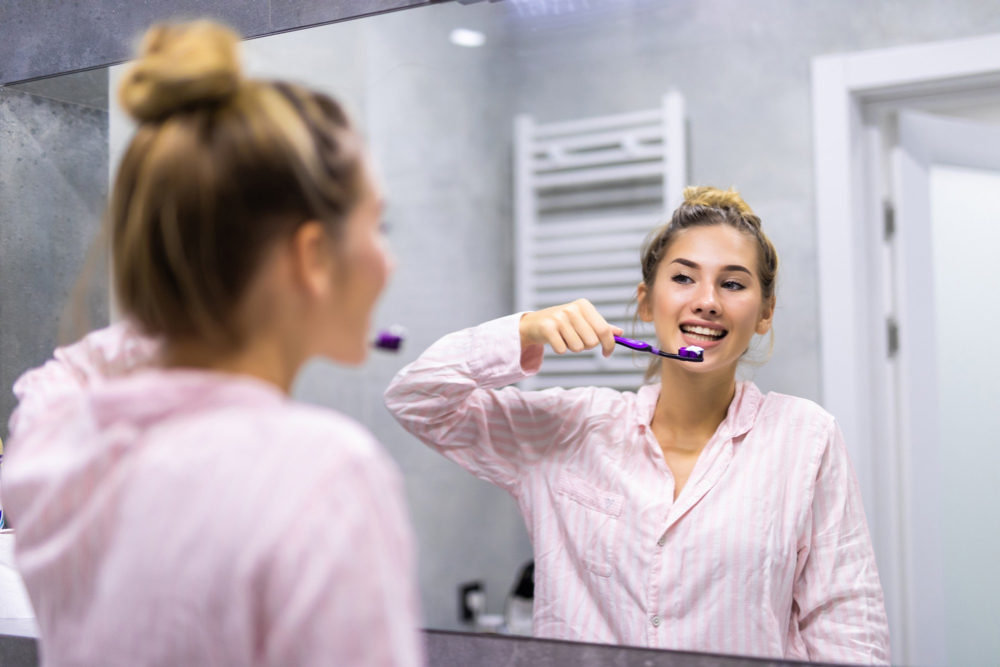We all know that brushing our teeth is important to maintaining good oral hygiene. But not everyone understands how to brush their teeth properly, not least because the norms for proper brushing have actually changed over the years, following recent studies. So how many times a day should you really brush your teeth? And for how long?
Le Centre Dentaire & D’implantologie Boucherville has the answer: 2 minutes, twice a day. Your dentist on the South Shore explains why and reminds us of the importance of proper oral hygiene.
A Quick Guide to Brushing Your Teeth
You might find the preceding statement surprising, since for many years now, dentists have been recommending three brushing sessions, lasting three minutes each. While this remains the ideal standard, the consensus was that this recommendation was too restrictive and, ultimately, unnecessary. That’s why, about ten years ago, the guideline was revised.
Research showed that plaque, which causes tooth decay and gum disease, can form in about 12 hours. This has led scientists to question the need to brush teeth at lunchtime. So, brushing teeth in the mornings and evenings is good enough.
Other than frequency, a minimum of two minutes per brush is considered sufficient time for plaque to be removed. Sadly, many people tend to rush through their brushing and finish in a hurry and don’t usually respect this rule. The dentists in Boucherville emphasize that you should take the time to brush your teeth thoroughly to remove all the plaque.
Conversely, it is not recommended to brush your teeth too frequently. You should limit brushing to two or three times a day without it becoming compulsive. Too much brushing can damage your gums and even wear away your enamel. Be sure to rinse your mouth if you eat sugary foods between meals.
For the same reasons, don’t brush too forcefully and make sure you use the right technique. Don’t hesitate to ask our team to show you the correct way to brush at your next check-up appointment and they will be happy to answer your questions. It’s never too late to learn!
Additionally, food particles can become lodged between the teeth and become inaccessible to the toothbrush. That’s where flossing comes in. Flossing is a much-neglected tool for most patients, and yet they would benefit immensely from adopting it! Flossing should be done once a day, running the floss between all teeth, not forgetting the molars in the back.
Comprehensive, adequate and regular dental hygiene practices is what removes plaque from teeth. This is important because plaque is a thin film that sticks to your teeth and contains bacteria and food waste. Together with sugar, plaque causes acids to form which can destroy the surface of your teeth and lead to inflammation of the gums.
Therefore, plaque is the primary cause of tooth decay and gingivitis. Gingivitis may initially seem benign, but it can lead to periodontitis, which in turn can lead to loss of teeth. Good oral hygiene can help prevent these conditions. The decision is in your hands!
While the new standards for tooth brushing may seem less strict, they should certainly not be neglected. Brush your teeth twice a day for two minutes to maintain a healthy mouth and a beautiful smile.

A Team You Can Trust
At the Centre dentaire Dagenais et Lachapelle, we do more than just provide treatment. Our dentists and dental hygienists work with you to adopt healthy dental habits for life. Education and prevention are an important part of our approach. So don’t hesitate to ask us questions about proper tooth brushing techniques and habits! With regular dental cleanings and X-rays, you can also help prevent oral and other diseases, so book an appointment today.

